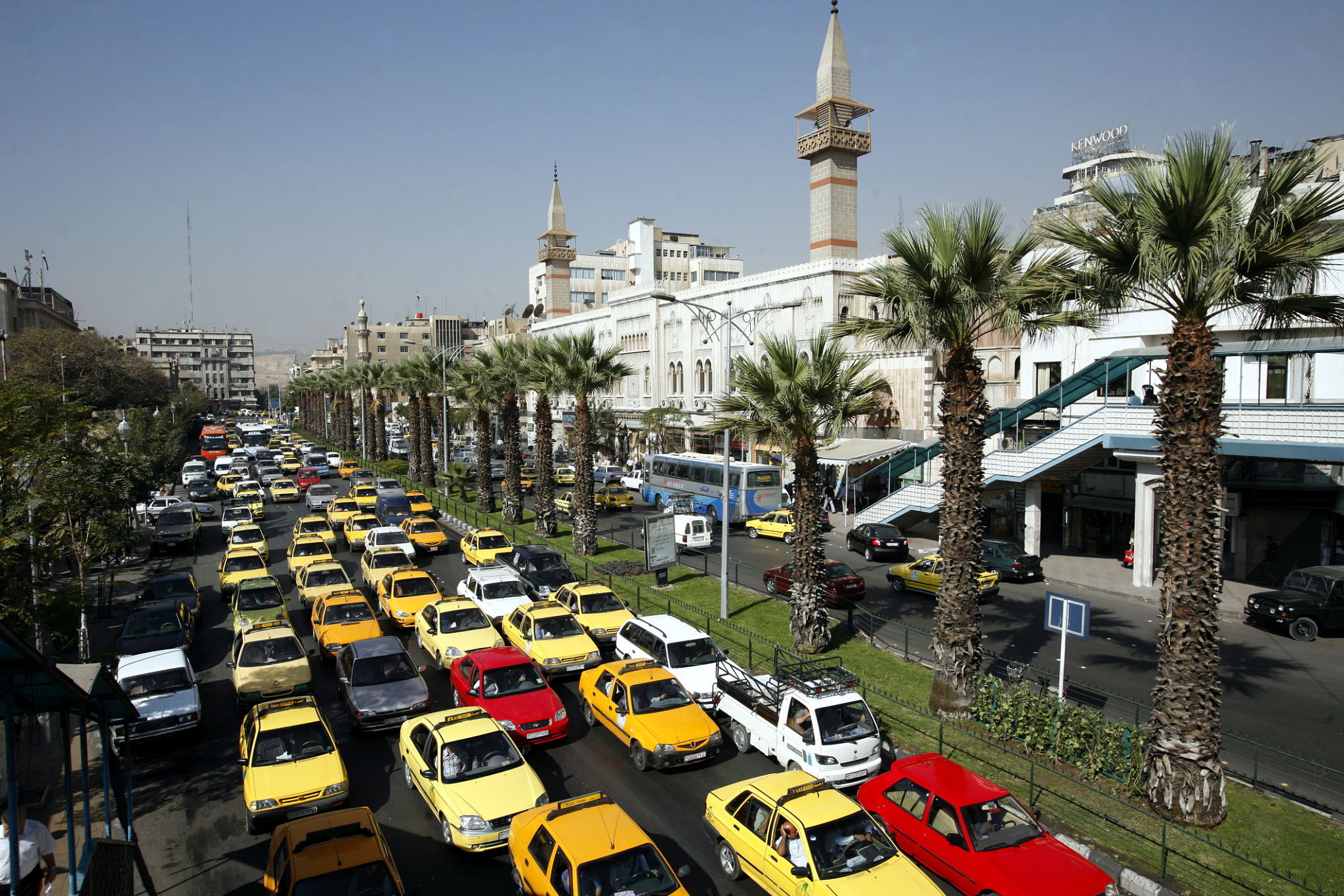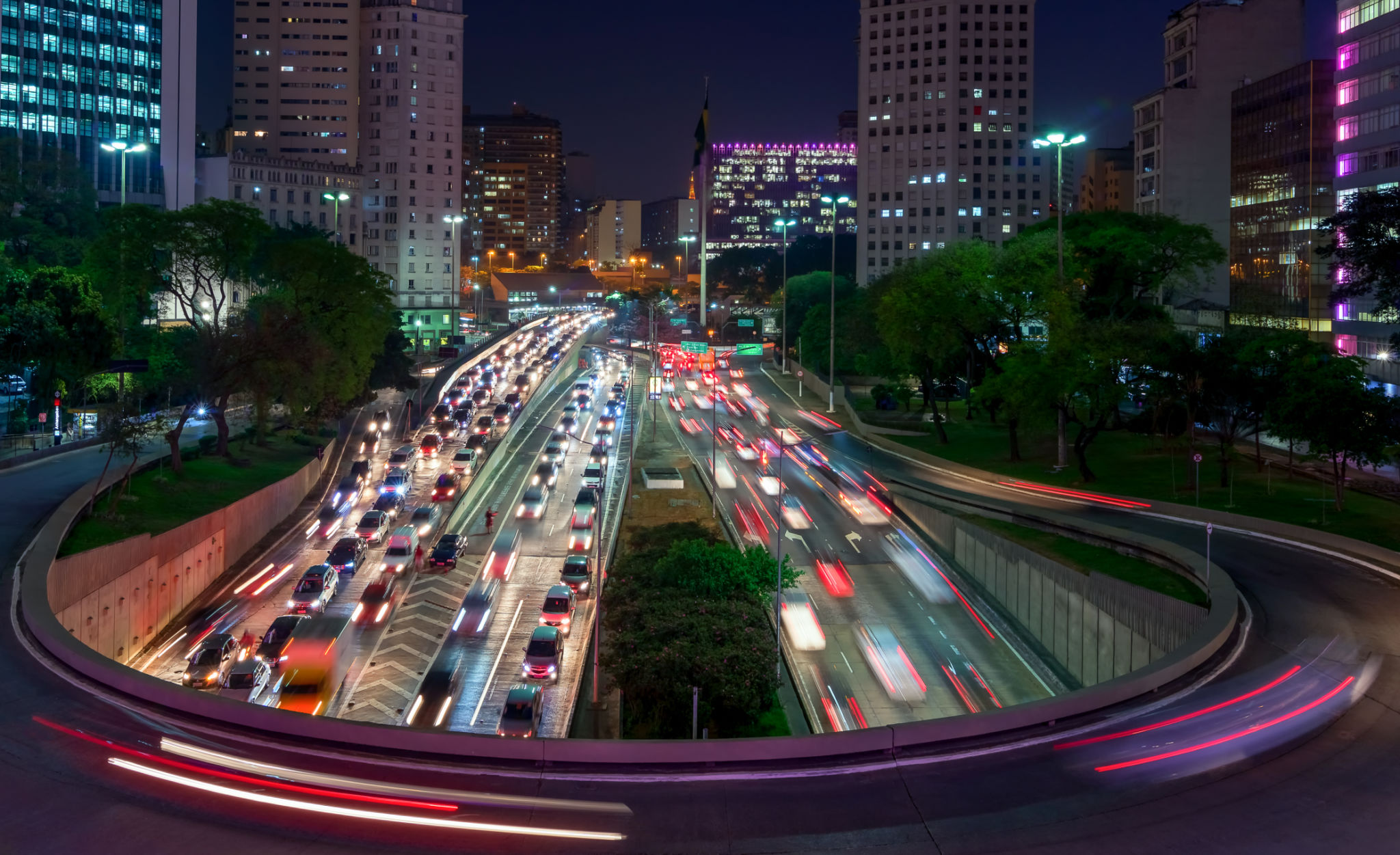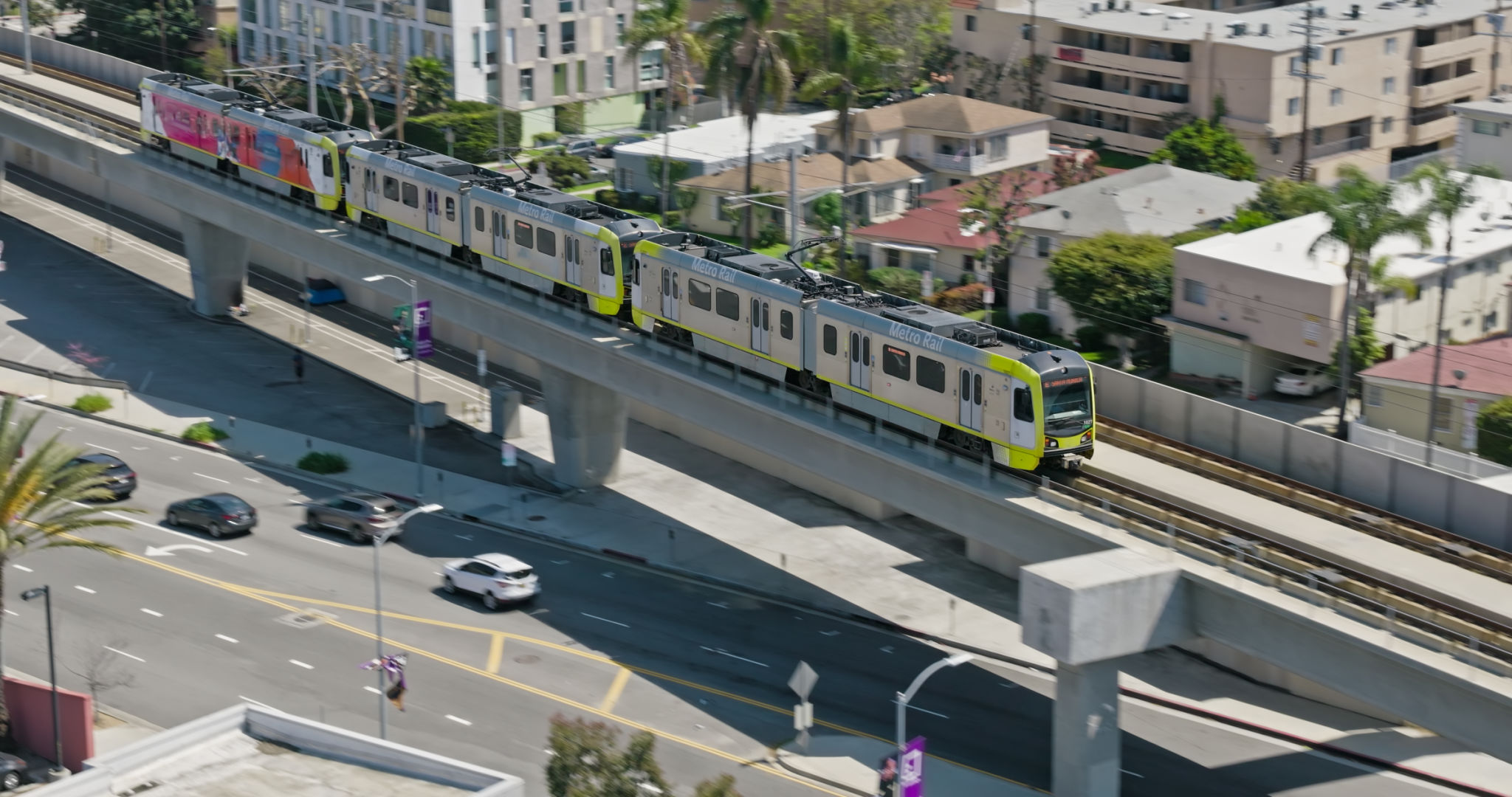Success Stories: How Damascus Residents Navigate Peak Traffic Hours
Understanding the Traffic Landscape in Damascus
Damascus, the capital of Syria, is renowned for its rich history and cultural significance. However, like many bustling metropolises, it grapples with the challenge of peak traffic hours. Navigating the city's streets during these times requires both patience and strategy. Residents have developed innovative ways to cope with the congestion, transforming daily commutes into more manageable experiences.
Understanding the traffic patterns is crucial. Peak hours typically occur in the early morning when people head to work and in the late afternoon as they return home. During these times, major roads and intersections can become clogged, leading to delays. However, residents have not only adapted to these challenges but have also devised effective strategies to navigate them efficiently.

Strategic Route Planning
One of the key strategies employed by Damascus residents is *strategic route planning*. By using a combination of local knowledge and digital tools like GPS apps, commuters can avoid heavily congested areas. Many residents prefer to use side streets and alternative routes that are less traveled but offer smoother commutes.
Additionally, some individuals choose to leave earlier or later than usual to dodge the rush hour entirely. This flexibility allows them to experience a more pleasant journey with fewer delays. By being proactive and planning their routes, residents can significantly reduce their travel time and stress levels.

Carpooling and Public Transportation
Carpooling has become a popular method for reducing the number of vehicles on the road during peak hours. By sharing rides with colleagues or neighbors, Damascus residents not only save on fuel costs but also contribute to easing traffic congestion. Carpooling also provides an opportunity for social interaction, making the commute more enjoyable.
Public transportation is another viable option for many residents. Buses and shared taxis are commonly used, providing a cost-effective and efficient means of traveling across the city. While public transportation can sometimes be crowded during peak hours, it remains a preferred choice for those looking to avoid the hassle of driving.

Adapting Work Schedules
Flexibility in work schedules has become increasingly beneficial in managing traffic woes. Some companies in Damascus have adopted flexible working hours or remote work policies, allowing employees to start their workday before or after peak traffic times. This adaptation not only improves employee satisfaction but also contributes to a smoother citywide traffic flow.
Moreover, remote work has gained traction in recent years, especially with advancements in technology. By working from home even a few days a week, employees can entirely bypass commuting challenges, thereby reducing the overall demand on the city's transportation infrastructure.

The Role of Technology
Technology plays an integral role in helping residents manage their commutes. Traffic apps provide real-time updates on road conditions, helping drivers make informed decisions about their routes. These apps alert users about accidents, road closures, and other incidents that could impact travel times.
Furthermore, social media platforms serve as valuable tools for sharing traffic information and tips among commuters. Residents often post updates on traffic conditions or suggest alternative routes, fostering a community-driven approach to navigating peak hours.
Looking Towards the Future
As Damascus continues to grow, addressing traffic challenges remains a priority for both residents and city planners. Ongoing infrastructure projects aim to improve road conditions and expand public transportation options, offering hope for more efficient commutes in the future.
In conclusion, while navigating peak traffic hours in Damascus can be challenging, residents have shown remarkable resilience and adaptability. Through strategic planning, carpooling, flexible work schedules, and leveraging technology, they have found success in managing their daily commutes. As the city evolves, these solutions will continue to play a vital role in enhancing the quality of life for its inhabitants.